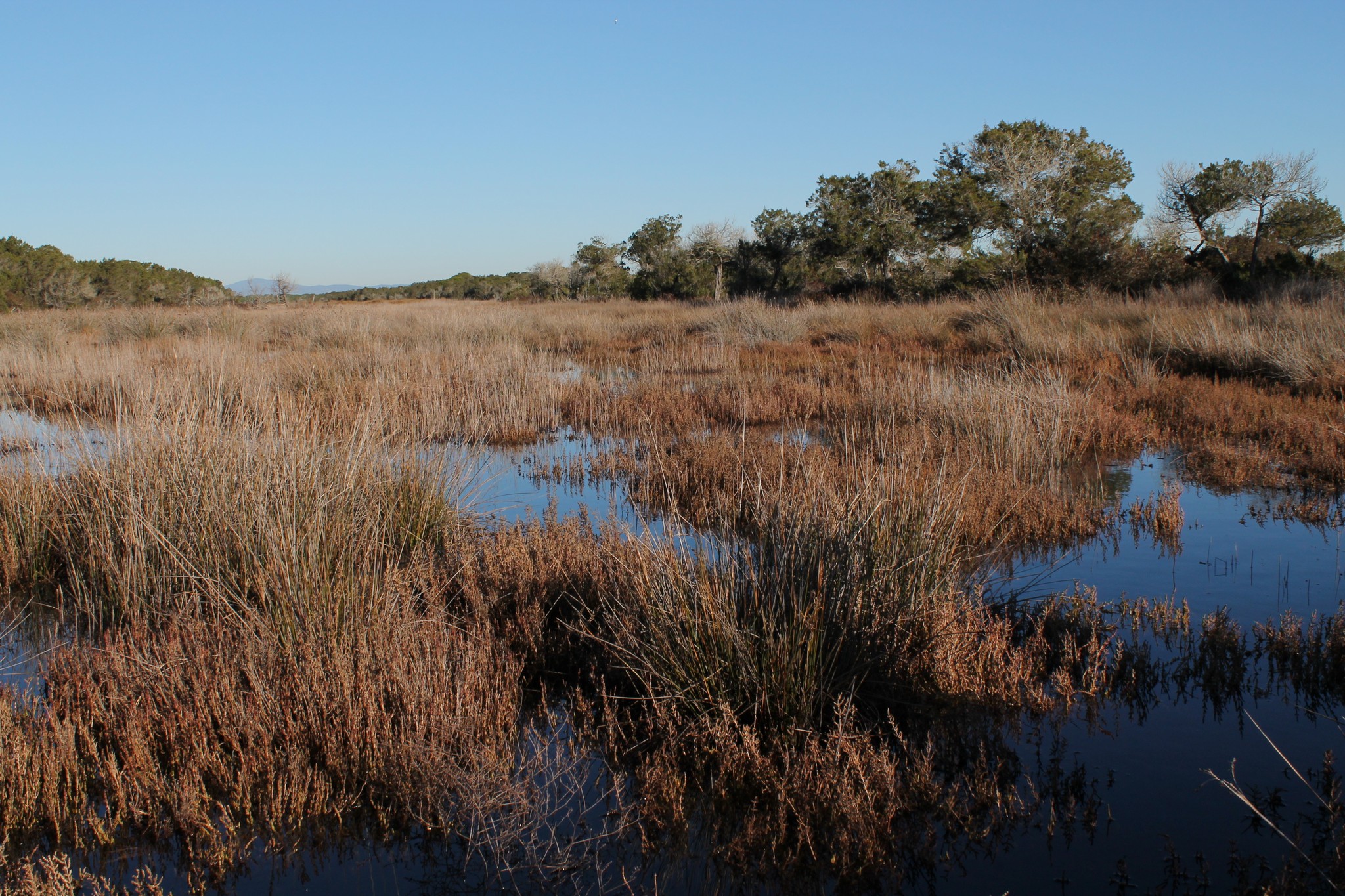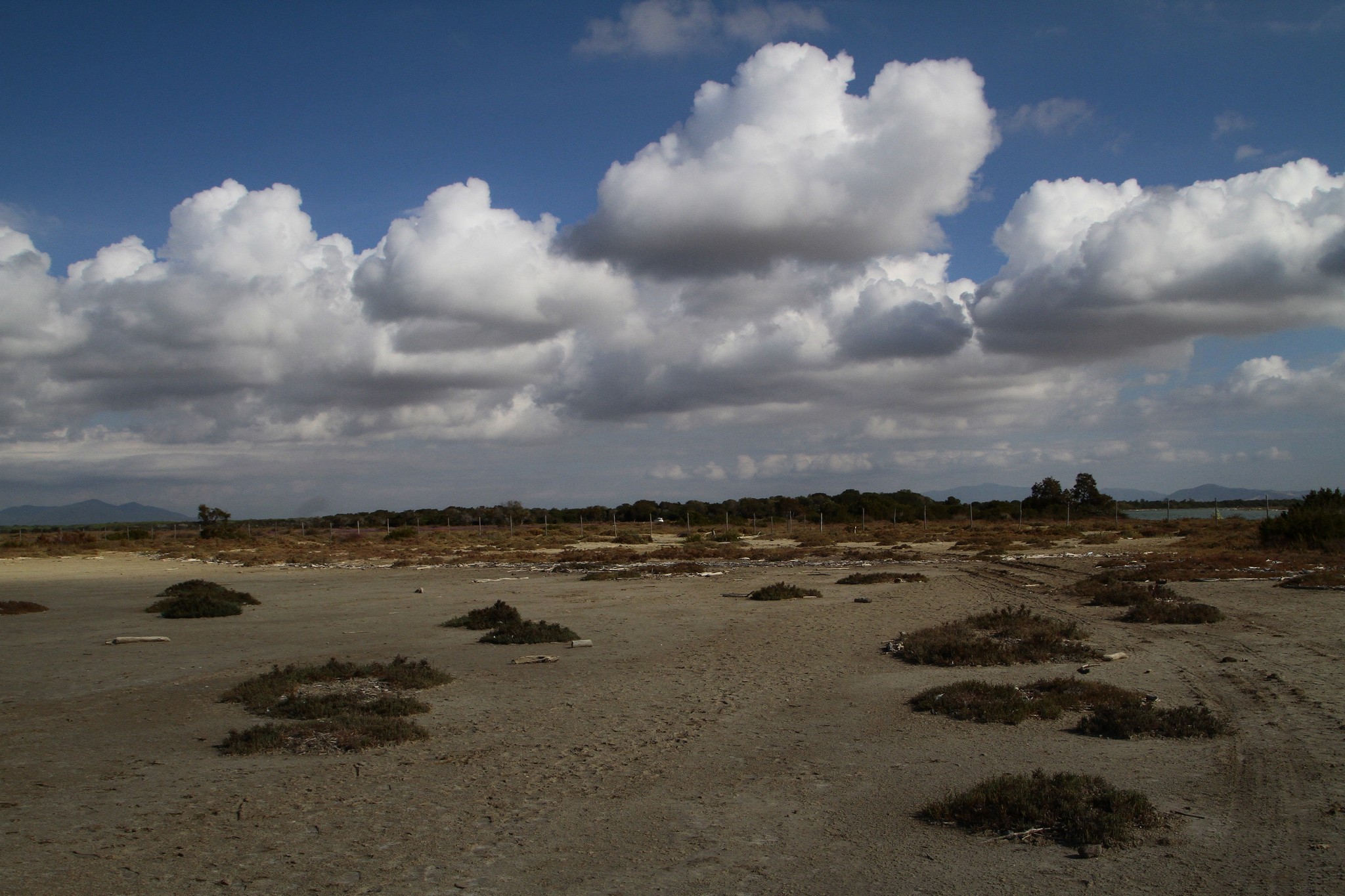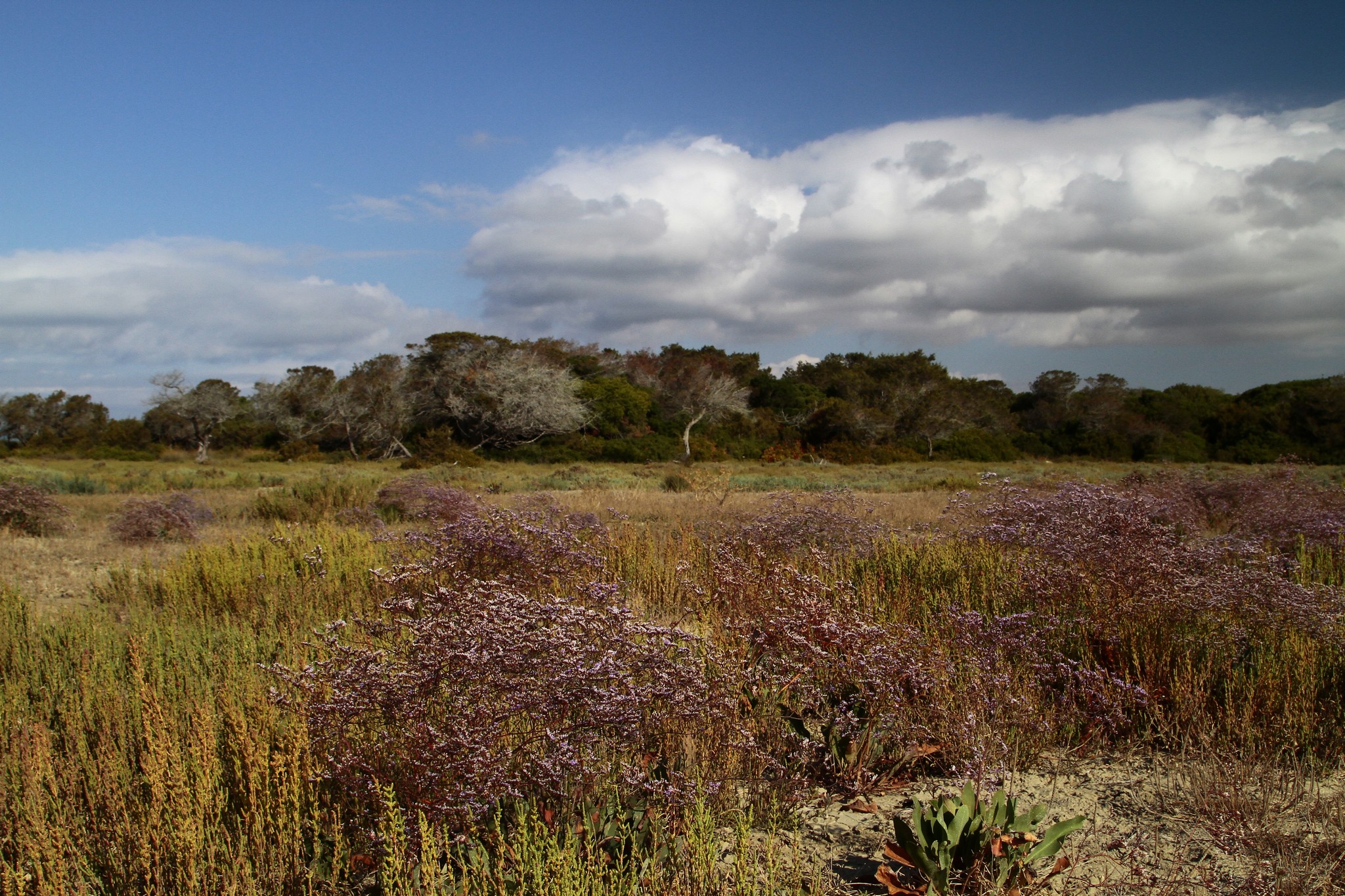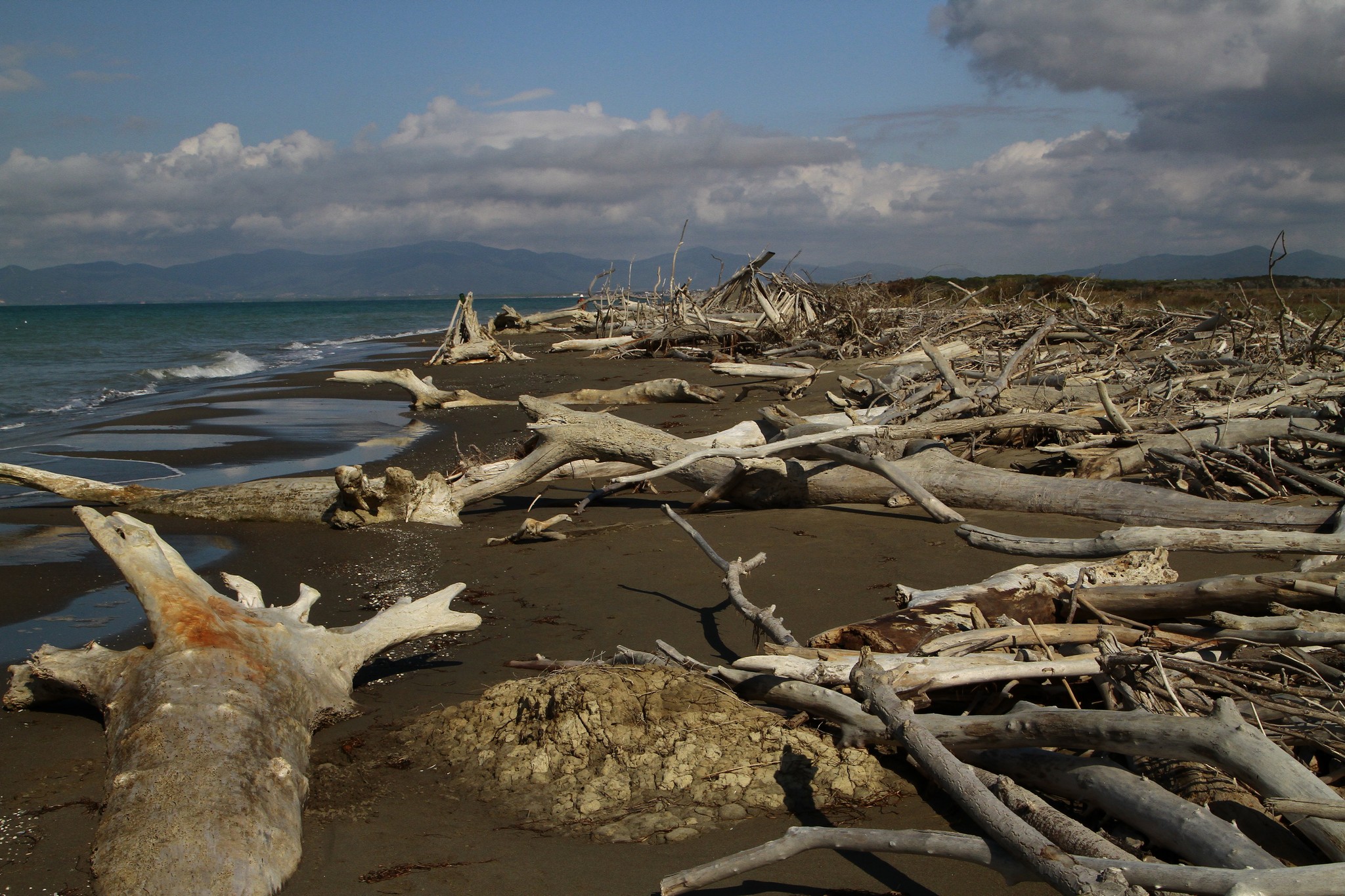Trappola Marshland - Ombrone River Mouth
- Country:
- Italy
- Site number:
- 2284
- Area:
- 536.0 ha
- Designation date:
- 13-10-2016
- Coordinates:
- 42°40'14"N 11°01'03"E
Map
Photos
Overview
Trappola Marshland - Ombrone River Mouth, located on the Tyrrhenian coast of Tuscany, represents one of the last remnants of a partly salty and partly freshwater complex of wetlands and sandy dunes. The landscape includes the mouth of the Ombrone River and coastal wetlands bordered by the sea. The Site is a relict example of wetlands which maintains a remarkable biodiversity value. The dunal-interdunal system generates a mosaic of different habitats, including an alternation of permanently and seasonally flooded areas. It is a semi-natural landscape which has been modified by variations of the coastline and by anthropogenic reclamation activities such as water canalization, pastoral use, reforestation and tillage. The Site also includes a pine forest of anthropogenic origin and is characterized by sporadic non-intensive agriculture such as free-ranging cattle grazing. It has a very important ecological role because its diverse habitats support rare plant species and a large number of animal species, particularly birds, with many of international, national and regional importance. The Site is also very important for maintaining the biological diversity of Tyrrhenian coastal wetlands, especially concerning birds, of which more than 150 species are present or migrate to the area.
Administrative region
Tuscany Region
National legal designation
- National decree for designating Ramsar site (DM 21.10.3013) - Trappola marshland - Ombrone River mouth
- Regional Park - Maremma Regional Park
- SIR - SIR 114 - Pineta Granducale dell'Uccellina
- SIR/ZPS - SIR 113/ZPS A113 - Padule della Trappola e Bocca d'Ombrone
Regional (international) legal designations
- EU Natura 2000
Last publication date:
31-01-2017



